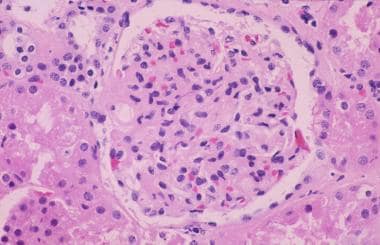Genetic type and size of kidneys predict outcome in PKD
Why is this important?
Patients with polycystic kidney disease (PKD) can develop CKD, and some will proceed to kidney failure and need dialysis or a kidney transplant. The main objective of a recent study (Chen, 2023), was to identify factors predictive of rapid disease progression in 618 patients with PKD.
What did the study show?
A total of 123 patients (19.9%) had reached kidney failure by the study date.
A PKD1 genotype (one type of PKD) had the strongest influence on the probability of reduced kidney function by baseline. PKD1 genotype and kidney height were independent predictors for rapid disease progression. The combination of both factors increased the positive predictive value for rapid disease progression over age 40 years and of reaching kidney failure by age 60 years to 100%.
How does this mean for you?
If you do not have PKD, this is not important. But, if you do, individuals with the highest risk of rapid disease progression are with the PKD1 type and larger kidneys. So, if you have PKD, you can ask your kidney specialist to predict your likelihood of kidney failure, using this and other information.
Other resource
The UK PKD charity is available for further advice.
Made with assistance of Wan Ern Leong, Medical Student
Last Reviewed on 26 June 2024

